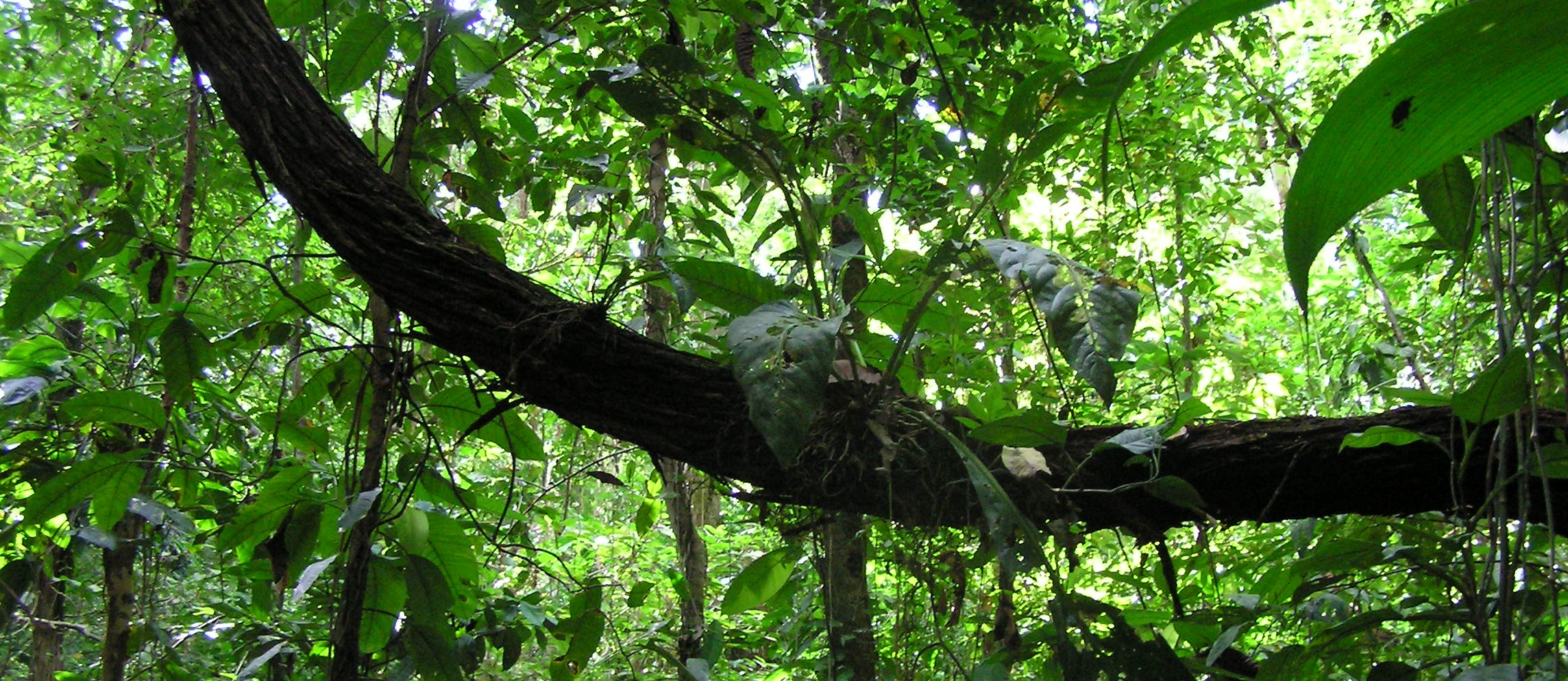Title
Host associations of two adventitious-root-climbing vines in a North Queensland tropical rain forest
Document Type
Article
Publication Date
1996
Volume Number
28
Source Publication
Biotropica
Abstract
The abundance of adventitious-root-climbing vines, predominantly Freycinetia excelsa and Piper caninum, on potential host trees was investigated in a north Queensland tropical rain forest. All trees ‚â•10 cm diameter at breast height were measured and assessed for adventitious-root-climber presence. Additional trees of the 17 most abundant species were examined giving a total of 833 trees. Some 1694 adventitious-root-climbing vines were recorded from the study area. Distribution over the rain forest trees was not homogeneous, but exhibited host associations. Interspecific differences between potential host trees were analysed in terms of allelopathy, bark characteristics, and gross morphological features. Bark characteristics are proposed as the main factor for the relative absence of adventitious-root-climbing vines on trees of Syzygium papyraceum and Austromyrtus shepherdii. Thin, peeling, sloughable bark characterizes these members of the Myrtaceae. Trees heavily infested by adventitious-root climbers include Beilschmiedia collina with non-descript (though slightly rough) bark providing a good, stable climbing surface with little phytotoxicity, and Citronella smythii, with thick, corky, fissured bark, also lacking allelopathic materials. Allelopathic effects of bark phytochemicals seem to be predominantly responsible for the absence of infestation of Alphitonia petriei by adventitious-root climbers.
